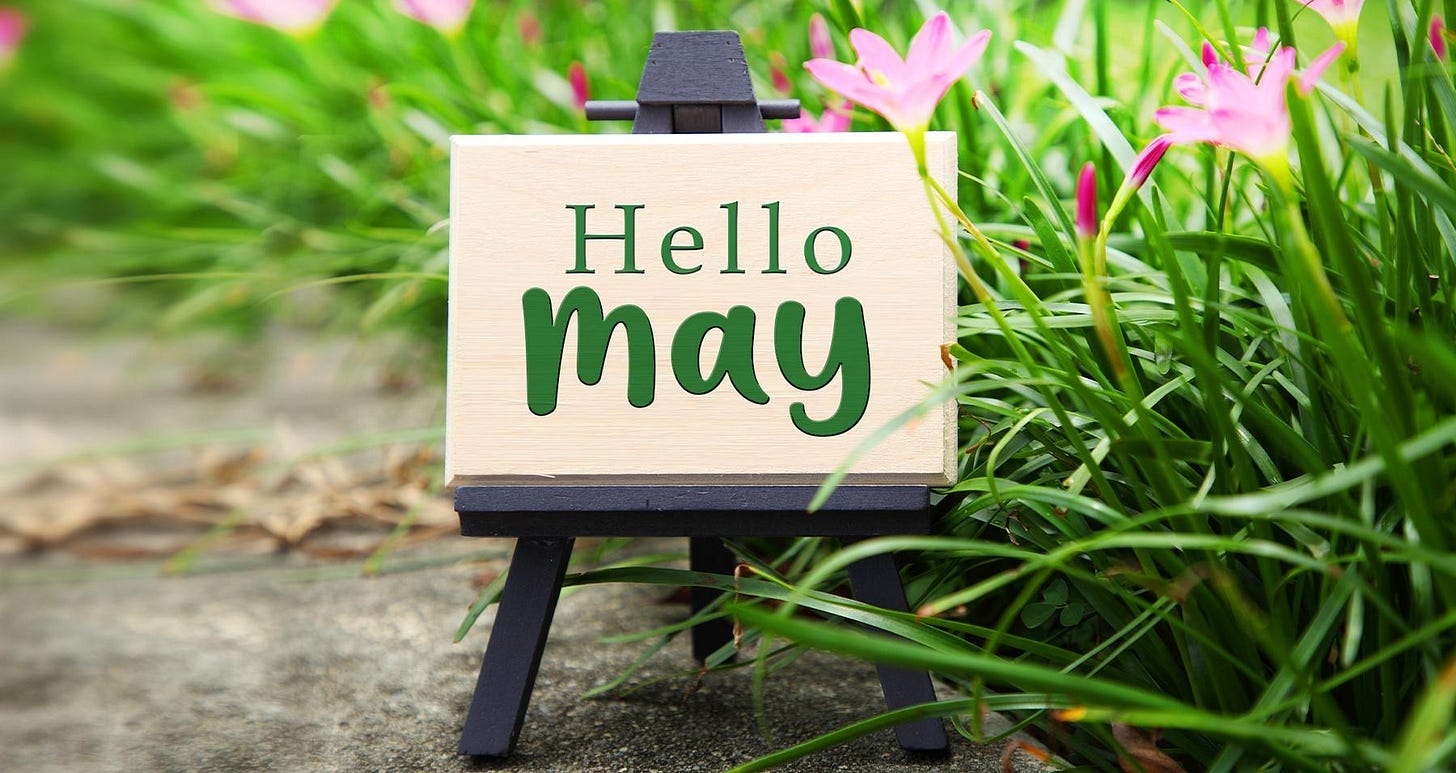The month of May can be an exhausting and exuberant time in Lakeway. Roses are blooming (like the fragrant Rosa ‘Sea Foam’ above), birds are singing and the bees are buzzing everywhere we look in our gardens. The humidity and severe storm chances are starting to rise, so early morning garden work is key to keeping cool. And remember to get out there and start weeding before it is too late!
If you haven’t already done so, don’t forget to join the Lakeway Garden Club. Our goal is to build a local community of fellow garden enthusiasts to share tips and help each other’s gardening endeavors. It is free and open to all. We are planning some in person events later this year. Let us know if you would like to participate.
May Garden Tips
Flowers to Plant
Aster
Flowering Balsam
Begonia
Celosia
Cleome
Coleus
Coreopsis
Cosmos
Dusty Miller
Gomphrena
Hamelia
Impatiens
Jacobinia
Lantana
Marigold
Mexican Heather
Nicotiana
Pentas
Periwinkle
Petunias
Purslane
Saliva
Verbena
Zinnias
Seeds to Sow
Beans - pole, snap, lima
Cantaloupe
Greens - warm season
Okra
Peas - southern
Pumpkins
Squash - winter
Watermelon
Things to Transplant
Peppers
Sweet Potatoes
May Garden To-Dos
Spray the landscape with seaweed
Continue spraying entire landscape with seaweed solution to strengthen plants and help them deal with the heat of the summer. Regularity is important; spray at least once a month, but no more than once a week. Spray on and under the leaves, early morning or late evening (never in the middle of the day).
Last chance to top dress
To replenish nutrients in the soil, spread compost no more than a half inch over the lawn, and a half inch to one inch in flower beds and around shrubs and trees. Besides providing nutrients, this also helps soil to retain moisture. Water afterwards to settle in the compost and prevent potential burning in the heat, especially on the lawn.
Apply a soil activator
If you find that water runs off the soil and doesn’t soak in easily, apply a soil activator to help improve soil permeability. During this now can cut down on watering costs during the hotter months.
Learn to water properly
The same variety of plant can potentially have very different water needs depending on the culture. The age and type of the plant, quality of the soil medium, wind speed, temperature, and whether the plant is in the ground or in a container are all factors that affect how much water a plant will need.
Cover bare soil with mulch or cover crops
Use three inches of mulch on bare soil to get the benefits of weed suppression, moisture retention, and cooler soil. Plant summer cover crops in unused veggie beds.
Watch for chinch bugs
If your St. Augustine lawn has developed dead patches in full sun areas, check the lawn for chinch bugs by examining the green areas next to the patches. Chinch bugs are only about 1/6” long, mostly black, (young ones can be reddish-tan) with a white marking across their back. They do not fly or jump up when you walk across. Be sure to get a positive ID before treatment.
Garden Tips courtesy of The Natural Gardener.







